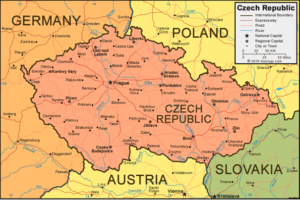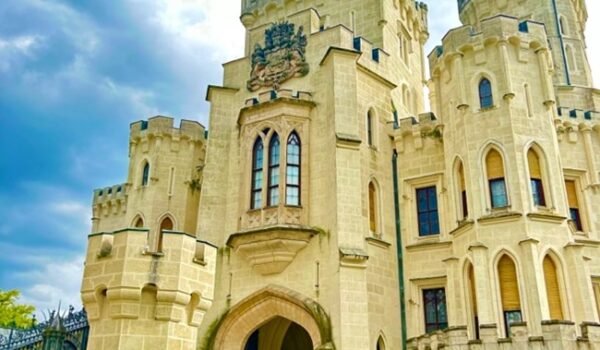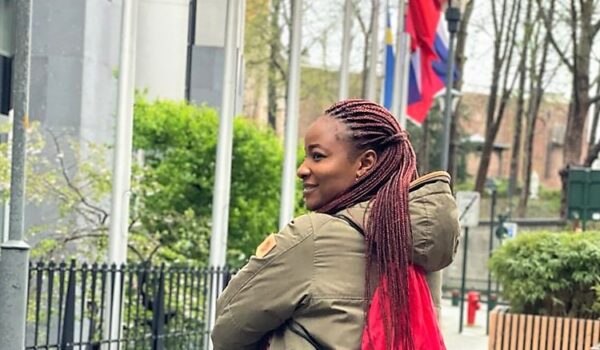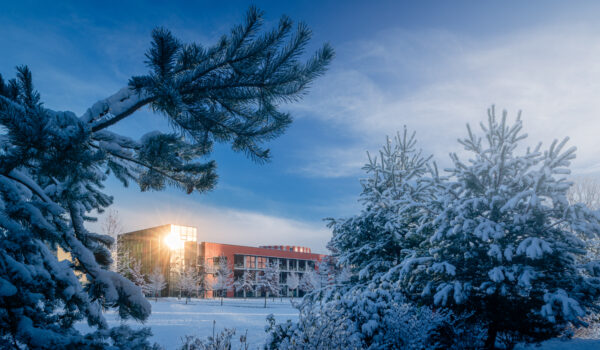- Geography & Arrival
The country is located in central Europe, bordered by Poland to the north and northeast, Slovakia to the east, Austria to the south, and Germany to the west and northwest. The airport is located in Prague. But travellers can also choose the first point of entry in any Schengen area country with a valid visa and travel by road to their final destination.

Example: The University of South Bohemia is located in the southern part of the country which is 2 hours away from Prague’s international airport and 3.30 hours away from Vienna international airport. One can choose either Vienna or Prague as their initial entry with a valid Schengen visa and travel by road based on the flexibility of the flight carriers’ times and amenities.
Tip: Purchase your flight and train tickets through the carriers’ own websites at least one month in advance to get good pricing. Never purchase tickets from third-party websites especially when you are a first-time international traveller.
- Language:
Czech is the official state language and is widely spoken. English is spoken at universities and among the younger generations. Russian and German can also be spoken by some older people.
Tip: Please learn the basic phrases of the Czech language to greet, say thank you, please, sorry, what is the cost, etc., before coming to the Czech republic. Please install a translation app, download the Czech language package to your phone, so you can use it after your arrival even offline.
- Police:
The Czech Republic has 2 different police forces: the National Police Force (Policie České republiky) and Municipal Police Forces (Městská policie). The Czech Police deal with criminal activity, road traffic (accidents, fines, and so on), and visas. Municipal police officers have limited authority to maintain law and order in the town or city where they work.
Tip: All citizens and people present in the Czech Republic (including you, exchange students) are required to carry their insurance cards, ID cards, or passports at all times. Please keep it with you at all times, as you may be stopped by police or the Police Office for Foreigners. Please have photos of your ID cards and passport in your mobile or online storage (icloud/onedrive/googledrive) to help yourselves out of tough situations (loss of items, accidental damage, etc.)
- Electricity: The electric power outlets in the Czech Republic are 220 volts, 50 Hz AC.
Tip: Please verify the power specifications of your electrical appliances/devices before your arrival and have the necessary adapters at hand.
For more information: http://www.voltageconverters.com/voltage-guide/
- Water & Food: You can purchase ready-to-eat food at all the grocery stores even at airports, rail/bus stations and – obviously – at restaurants. Water is bottled and available at stores with flavours and carbonated.
Tip:
- Cukrárna – Sweet shop, you can have freshly baked cakes, bread and sweets.
- For food at restaurants, try traditional Czech food (Guláš, Svíčková, Hranolky, etc.) and always see the ingredients/allergens before ordering your food. Food at commercial food chains like KFC, McDonald’s, Subway, Burger King may be slightly different from your home country. (Don’t worry. It’s totally normal and the differences are due to local preferences)
- Water is available in two forms written on bottles and in flavours apart from plain
PERLIVÁ – filled with gas/soda, NEPERLIVÁ – Plain water without gas.
There are no water purifiers or water coolers in public places or houses or hostels. You can also directly drink the water from the tap. It’s totally safe.
- List of Public/Bank holidays
- 1 January – New Year’s Day
- Good Friday – date varies each year, Easter
- Easter Monday – date varies each year; the Monday after Easter Sunday
- 1 May – May Day
- 8 May – Liberation Day (marking the end of World War II)
- 5 July – Feast day of the Apostles to the Slavs, St. Cyril and St. Methodius
- 6 July – Day marking the anniversary of the death of Jan Hus (1415)
- 28 September – Day of Czech statehood (the feast day of St Wenceslas)
- 28 October – Day commemorating the founding of the Czechoslovak state (1918)
- 17 November – Day of the struggle for freedom and democracy
- 24–26 December – Christmas holidays
Tip: Please see whether your travel dates fall on these days or not. Because most of the offices and stores will be closed on these dates listed above.





